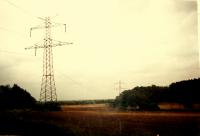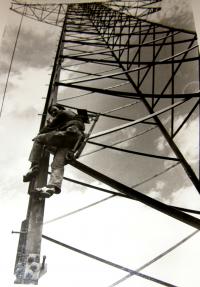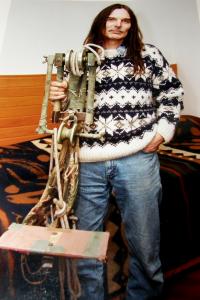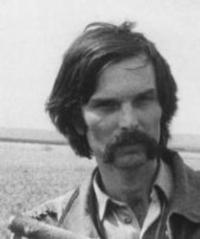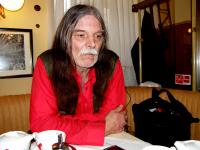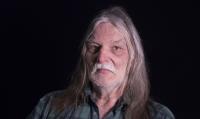We were standing in the first village past the Austrian borders and all I could think of was: I’m free, I’m free, I’m free!
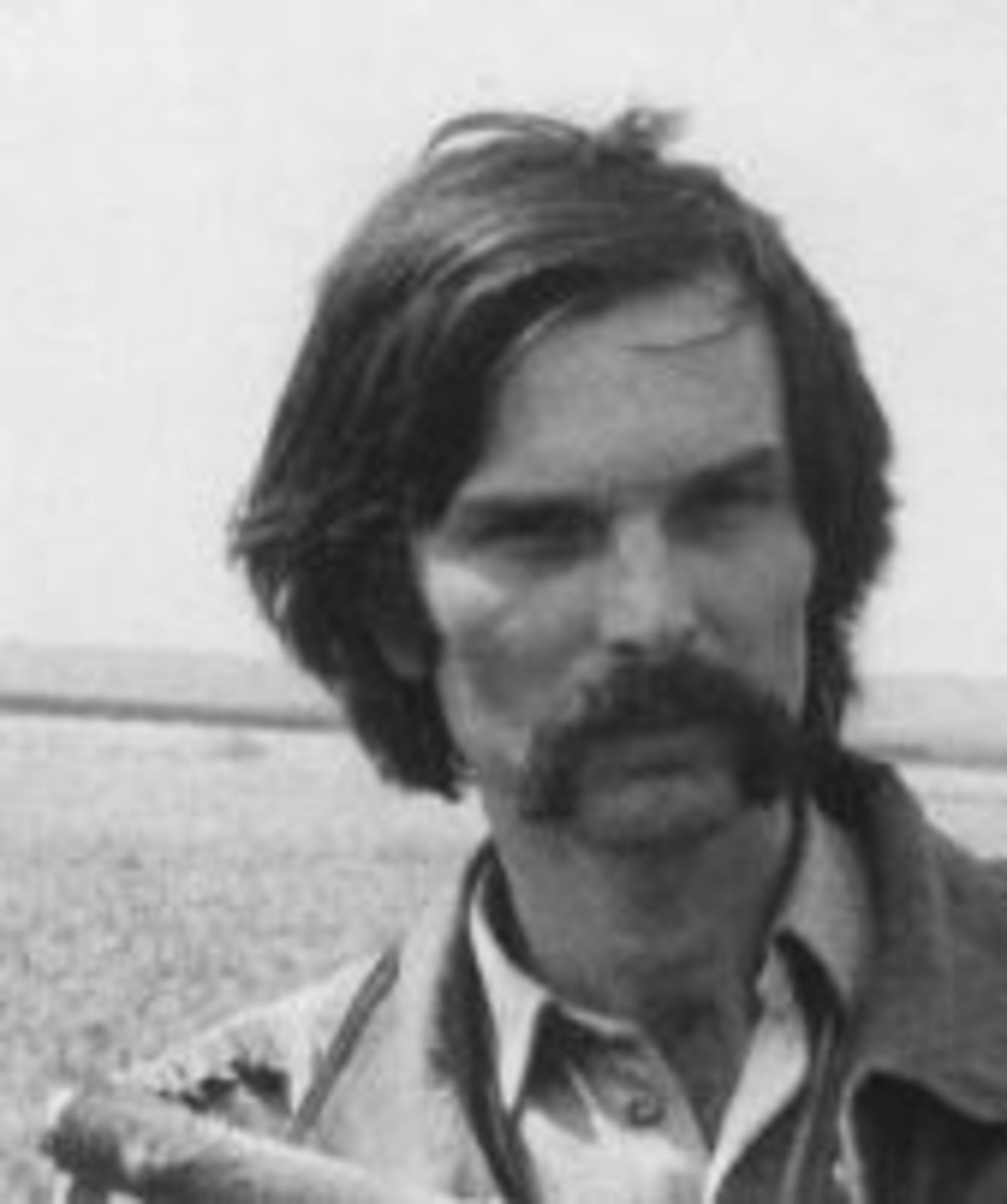
Download image
Robert Ospald was born on 2 July 1951 in Libina, Šumperk District. His father was a Sudeten German, his mother a Czech. When he was three, Robert was given into foster care. Three years later he was returned to his mother, who then brought him up by herself. After primary school he began attending a vocational school of mining in Ostrava, which he did not finish, however. His first stay in prison was for stealing his grandfather’s savings. He spent nine months in a correctional facility for youth in Bratislava before being released on amnesty. He returned to prison twice more, each time for petty theft. In 1985 he made his first attempt to flee communistic Czechoslovakia, but he was not able to cross the Hungarian border. This was followed by several attempts at escaping via power transmission lines, of which the last one on 19 July 1986 was successful. Together with Zdeněk Pohl the witness crossed the border over into Austria. He now lives in Vienna and is writing his second book about the escape.
